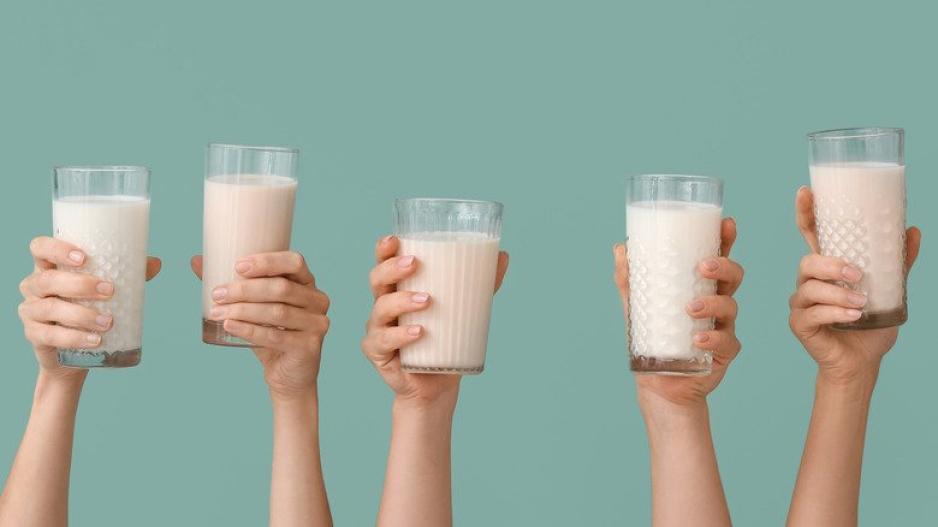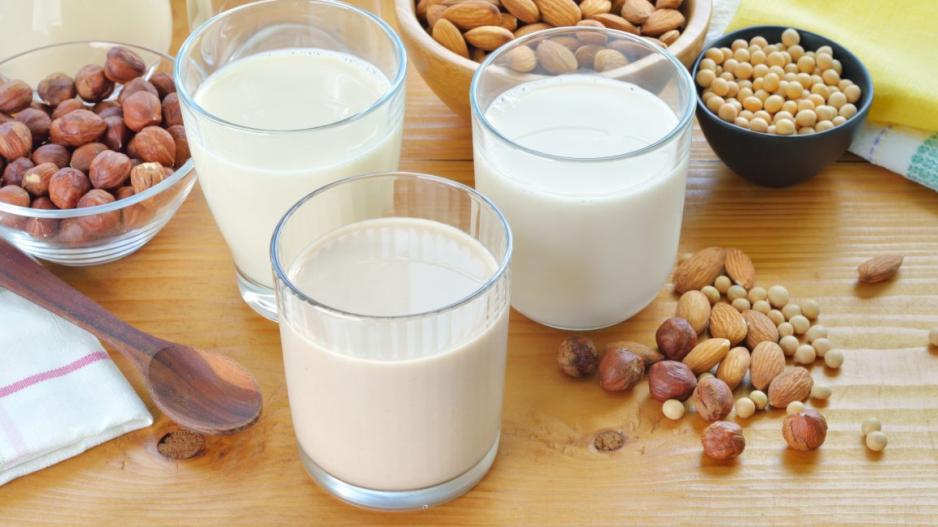Which Milk to Choose? That Is the Question!
Clinical nutritionist Costas Harris talks about milk consumption
When we were kids, we only knew of fresh cow’s milk. Later, lactose-free milk was added, and in recent decades, we learned about almond, soy, coconut, oat and rice milk. It is a known fact that milk is a significant source of calcium and valuable minerals. What’s the solution, then, for a certain group of people who are unable to consume it?
Until recently, the choices for accompanying cereal and coffee were whole cow’s milk, semi-skimmed, skimmed and lactose-free. For individuals with various allergies and ethical considerations, there are now plant-based alternatives to cow’s milk, such as almond, soy, oat, rice and others.
The wide variety of milk types can often confuse consumers about which one is the most suitable for them, beyond taste preferences. All these different types of milk have significant differences in their nutritional value. However, whole cow’s milk and goat’s milk contain the most calories and fats. Therefore, individuals on calorie restriction or with high levels of cholesterol should avoid them. On the other hand, plant-based types with added sugar, solve the allergy problem that many face, but should still be limited due to the increased calories and sugar.

Regarding calories per cup:
- Whole cow’s milk: 150
- Rice milk: 120
- Semi-skimmed cow’s milk: 110
- Sugar-free soy and skimmed cow’s milk: 80
- Sugar-free coconut milk: 50
- Sugar-free almond milk: 40
Whole cow’s milk and goat’s milk contain the most calories and fats.
The most hypoallergenic milk is rice milk, as it can be an alternative for those allergic to lactose, soy, and nuts. However, due to its arsenic content from rice, its consumption is recommended to be limited. In the United Kingdom, recommendations state that children under the age of 4 years old should not consume rice milk.
Many cow’s milk substitutes do not contain essential vitamins such as D, A and calcium, but these vitamins are now supplemented in these milk types. However, the protein value of these types remains relatively low.






